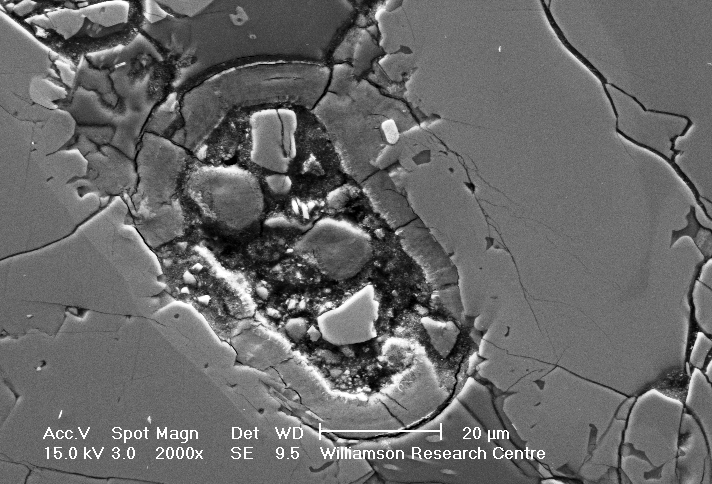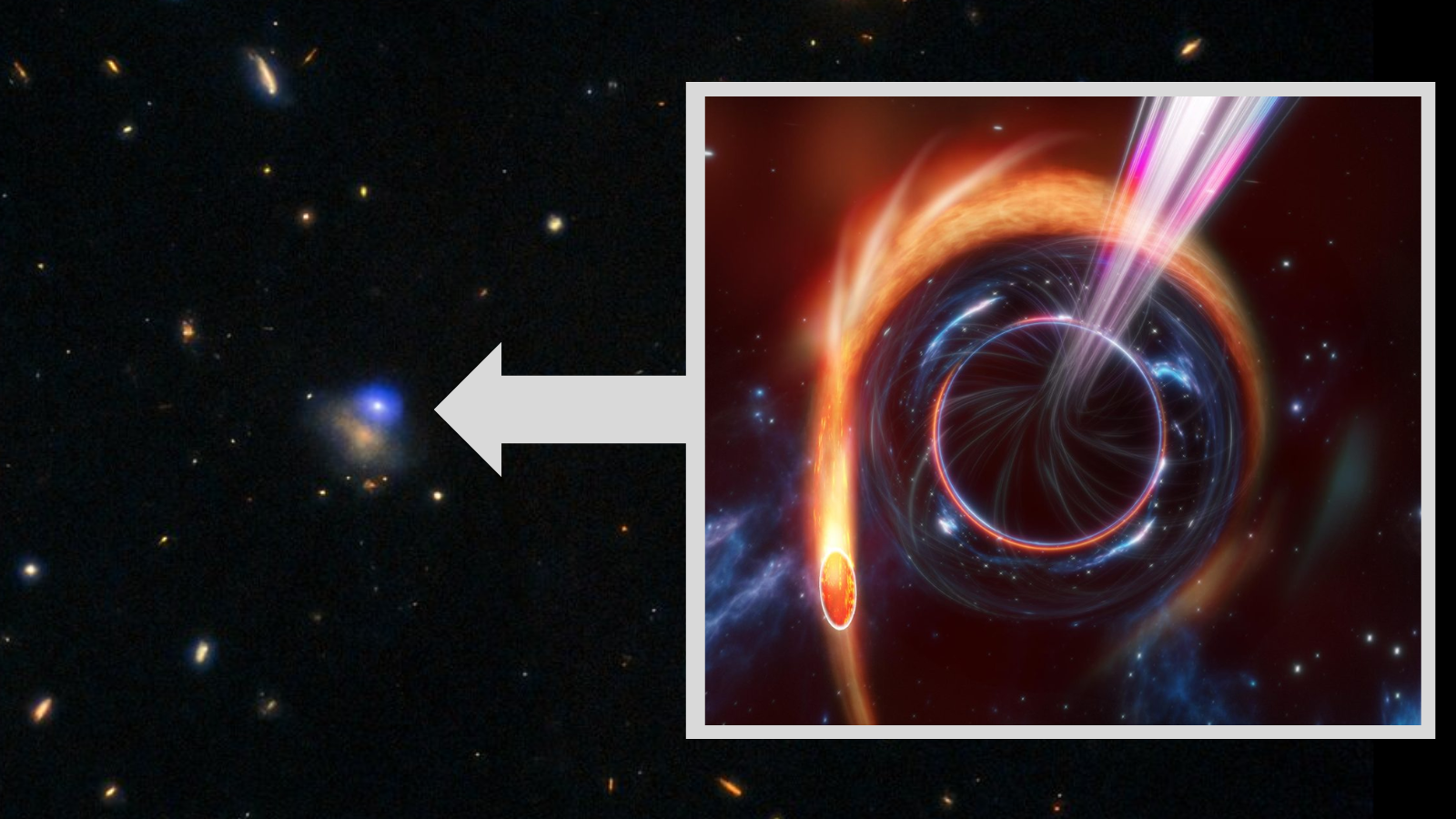What Is Life? It's a Tricky, Confusing Question

What is life? This is a question that is often asked and typically confused.
The confusion starts from the several uses of the word "life" in English. There are at least three usages as exemplified by the following questions: 1) Is there life on Mars? 2) Is there life in this organism? 3) Is life worth living?
The definition of "life" in these three usages is quite different. In the first case, life refers to a collective phenomenon; in the second case it refers to the ability of an individual organism to metabolize and grow; and in the third case life refers to the history of activities that an organism undertakes. The first two usages are of direct relevance to astrobiology. [5 Bold Claims of Alien Life]
The usual definition of life, as used in the first case, is that it is a system of material entities that can undergo evolution, which implies reproduction, mutation and selection. This is what we are looking for on Mars and on other worlds. We would be most interested if it represented a second genesis — in other words, an independent origin of life. It is often pointed out that the definition of life as a system capable of evolution implies that single, isolated individuals not of child-bearing age are not "life." This is nonsense and confuses the first and second cases of "life."
Many commentators hold the view that an effective search for life on other worlds requires that we first have a concise, agreed-on definition of life. This is not the case. Along this line, it has been suggested that once we understand life we will be able to produce a completely mechanistic and predictive theory of life. The example of water is sometimes used. Water is simply defined as two hydrogens joined with one oxygen.
However, life is not a simple substance like water; rather, it is a process, more like fire than water. There is no simple definition of fire. If life is like fire, then even with a complete mechanistic and predictive theory of life, we may still not be able to define it in any simple, closed form. The search for life on other worlds can be based on what life does rather than its definition. One of the things that life does is build up large specialized molecules, such as DNA and proteins.
Viking, the only mission to search for life on another world (that being Mars), focused on the second case. The Viking biology experiments searched for something alive in the sample. The assumption was that if something was alive it would be able to consume organics and release gases; it would have a metabolism. Hence the operational definition of "life" in the Viking biology experiments was the ability to metabolize in the conditions of the experiment.
Breaking space news, the latest updates on rocket launches, skywatching events and more!
There are several problems with this operational definition. First, there are many non-biological processes the can consume organics and/or release gases. Second, experience on Earth shows that many micro-organisms are picky eaters and do not grow in laboratory conditions with nutrients added. Perhaps the most severe problem with the Viking approach is that it cannot detect organisms that are dead, which unfortunately is the most likely state of organisms on Mars (or on the surface of Europa, or in the plume of Enceladus). In fact, in the search for life in our solar system, what is needed more than a definition of life is a definition of death.
What does it mean to be dead? It means that the organism was once alive and is composed of organic molecules that are specific to life — molecules such as DNA, ATP, and proteins. These are biomarkers that would be compelling evidence that the organism was once alive and is the product of a system of life that has undergone evolution over time. The search for such biomarkers is the basis for life-search methods now being considered. The challenge is to design instruments that can search for biomarkers for Earth-like life and also can detect biomarkers of unknown alien life.
This story was provided by Astrobiology Magazine, a web-based publication sponsored by the NASA astrobiology program.


